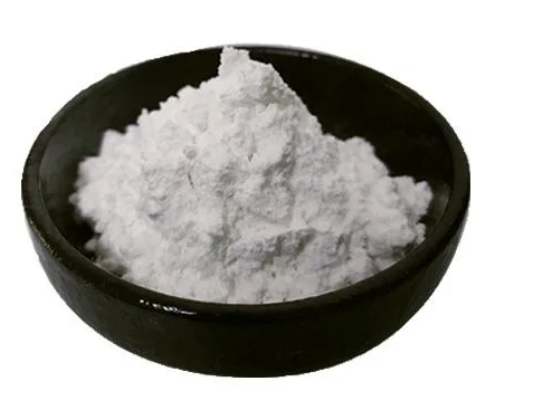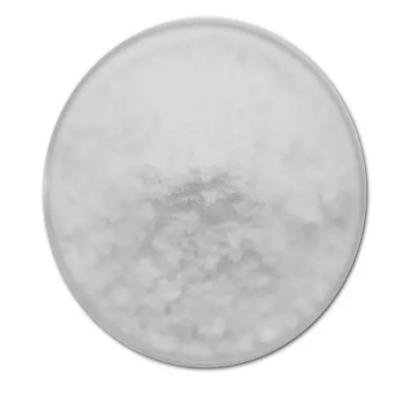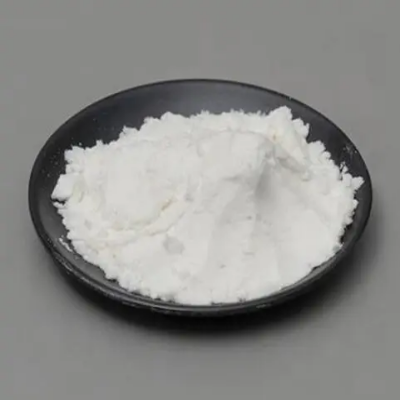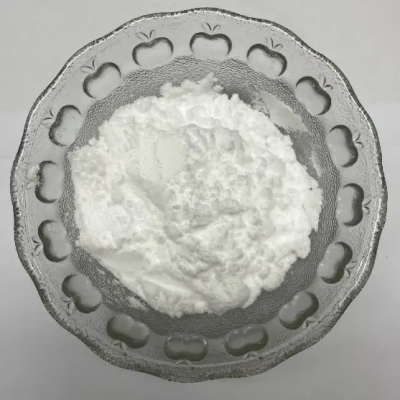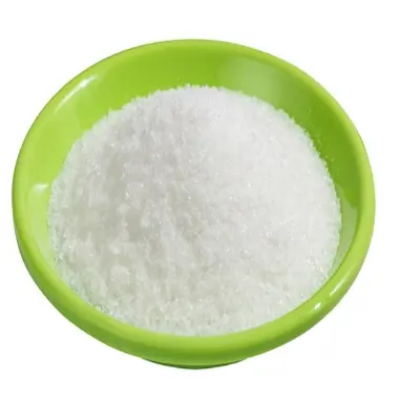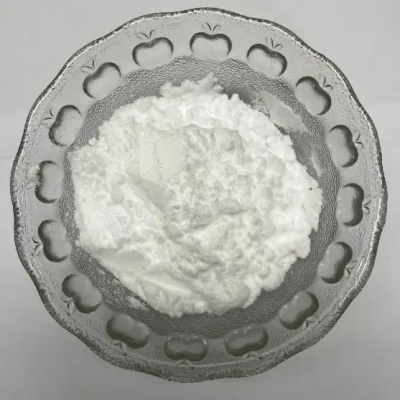Nizatidine CAS:76963-41-2
Nizatidine is an effective histamine H2-receptor antagonist, commonly prescribed for the management of conditions characterized by excessive gastric acid production, including peptic ulcers, gastroesophageal reflux disease (GERD), and Zollinger-Ellison syndrome. It was first introduced in the late 1980s and has since established itself as an important therapeutic agent in the treatment of acid-related disorders. The chemical structure of nizatidine, C₁₄H₁₈N₄O₂S, features a thiazole ring and a substituted guanidine moiety, contributing to its biological activity. By selectively blocking the H2 receptors located on gastric parietal cells, nizatidine effectively reduces the secretion of gastric acid. This reduction not only helps relieve symptoms such as heartburn and acid regurgitation but also aids in the healing process of gastric and duodenal ulcers. Nizatidine exhibits favorable pharmacokinetic properties, including good oral bioavailability and a relatively short half-life, allowing for convenient dosing regimens. It can be administered once or twice daily, providing flexibility for both patients and healthcare providers. Its effectiveness in promoting ulcer healing and symptom relief has made it a preferred choice for many practitioners. While generally well-tolerated, nizatidine may cause side effects, including headache, dizziness, diarrhea, and fatigue. Rarely, it can lead to more serious adverse reactions, such as liver enzyme elevation or allergic reactions, necessitating monitoring during therapy. In recent years, research has continued to explore the broader implications of H2 antagonism, including potential benefits in conditions such as non-steroidal anti-inflammatory drug (NSAID) induced gastric injury. In conclusion, nizatidine remains a valuable medication in the therapeutic arsenal against acid-related disorders. Its effectiveness, safety profile, and ease of use position it as a crucial option for managing conditions resulting from excessive gastric acid secretion, contributing significantly to patient care and quality of life. As ongoing research unveils additional applications, nizatidine may further solidify its role in gastrointestinal therapeutics.



| Composition | C12H21N5O2S2 |
| Assay | 99% |
| Appearance | white powder |
| CAS No. | 76963-41-2 |
| Packing | Small and bulk |
| Shelf Life | 2 years |
| Storage | Store in cool and dry area |
| Certification | ISO. |




